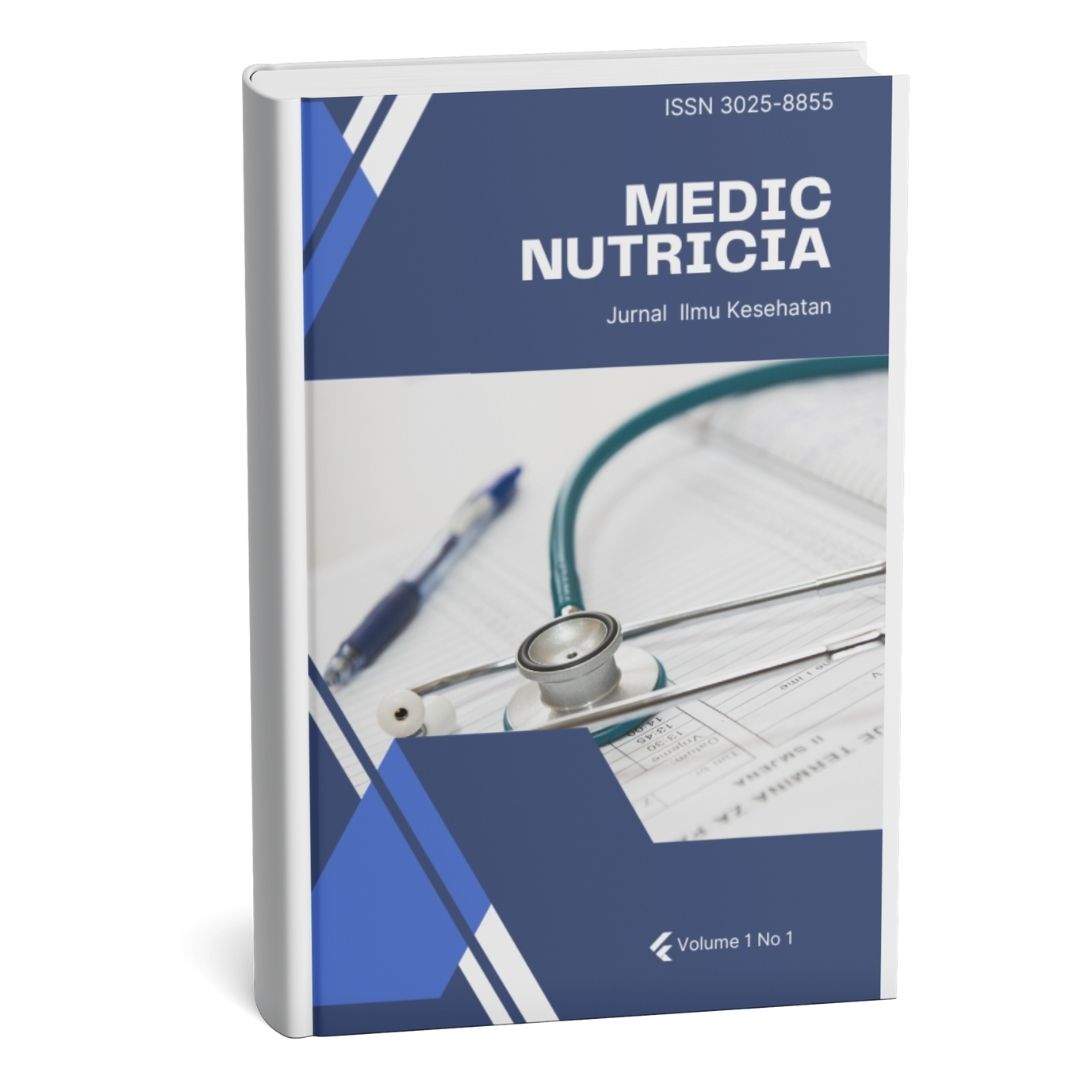IMPLEMENTASI DEFISIT PERAWATAN DIRI (MANDI) PADA LANSIA DENGAN STROKE NON HEMORAGIK DI UPT PSTW BONDOWOSO

Abstract
Non-hemorrhagic stroke leads to neuromuscular impairments that reduce the ability to perform self-care, including bathing. This dependence lowers the quality of life of elderly individuals, especially those residing in social institutions such as UPT PSTW Bondowoso. This study aimed to describe the implementation of self- care support in bathing for an elderly patient with a self-care deficit due to non- hemorrhagic stroke. A descriptive case study was conducted on a 55-year-old male. Data were collected through interviews, observation, physical examination, and instruments including the Barthel Index, MMSE, and GDS. The results showed a Barthel Index score of 5 (total dependence) and an MMSE score of 15 (severe cognitive impairment). The intervention was carried out for 3 days. On the third day, the patient began to actively participate by wiping his own face and arms and showed awareness of the importance of hygiene. Conclusion: Structured and continuous self-care support can improve independence in bathing among elderly stroke patients and enhance their quality of life. Suggestion: Family members or PSTW caregivers are advised to provide ongoing assistance and education to help motivate the elderly and maintain their independence in self-care.
Keywords
Elderly, Non-Hemorrhagic Stroke, Self-Care Deficit (bathing)